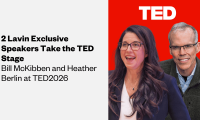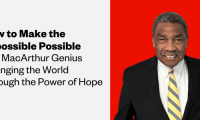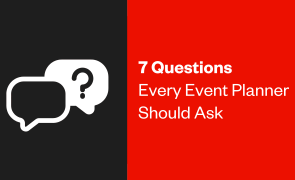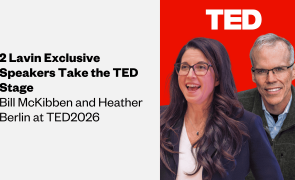The question of who you think you are is inextricably linked to what you think you are. That is, what gender, religion, race, nationality, class, culture. In Kwame Anthony Appiah’s latest book, The Lies That Bind, the celebrated philosopher and bestselling author explores, disarms, and repositions the collective, contradictory identities that are responsible not only for our sense of self, but also for some of history’s worst atrocities.
“We need more thinkers as wise as Appiah … digging their fingers into the soil of our predicament,” says the New York Times. The notion of identity today is more fraught than ever. As a writer and speaker, Appiah is able to soften the social constructs that plague us, and open minds to new ways of thinking.
Award-winning novelist and essayist Zadie Smith says “The Lies That Bind is a small volume of mighty power … Appiah elegantly dismantles the humbug, dogma, pseudo-science and propaganda that have long dogged our attempts to discuss ‘identity,’ and offers in their place a practical and philosophical took-kit … from the illusions of 19th century ideas of biological destiny, to the late-capitalist logic of our contemporary ‘cultural appropriation’ debates, this book will help a lot of people think with far more clarity about some of the thorniest issues of our times. An inspiring and essential read.”
Read Appiah’s Guardian essay “Can We Choose Our Own Identity,” his New York Times piece, “Go Ahead, Speak for Yourself,” and his recent interview with The Financial Times.















